| Sorted by date | |||
page032from Building Ideastwo of the group’s leading voices. Hermann Muthesius, who had recently been in England studying domestic architecture for the German government, set out a series of ten these on the aims of theWerkbund programme, which were focused on the need for standardization in design.For example: 1. Architecture, and with it thewhole area of the Werkbund’s activities, is pressing towards standardization,and only through standardization can it recover that universal significancewhich was characteristic of it in times of harmonious culture. In the secondsection he went on to claim that standardization was also the key to animprovement in aesthetic awareness, as it could “… alone make possible thedevelopment of a universally valid, unfailing good taste.”12 In replying tothis presentation, Henry van de Velde, who was also director of the School ofApplied Arts in Weimar that later formed the core of the Bauhaus, set out analternative point of view, even though he was as determined as anyone in themovement at the time to promote such Modernist principles as “truth tomaterials” and the “honesty” of construction: 1. So long as there are stillartists in the Werkbund and so long as they exercise some influence on itsdestiny, they will protest against every suggestion for the establishment of acanon and for standardization. By his innermost essence the artist is a burningidealist, a free spontaneous creator. Of his own free will he will neversubordinate himself to a discipline that imposes upon him a type, a canon.13 The final layerin this archeological excavation of the building-as-machine analogy in recentarchitecture explores this conflict between
12 Muthesius/van de Velde, “Werkbund Theseand Antitheses” in Ulrich Conrads(ed.), Programmes and Manifestoes on 20th Century Architecture, Lund Humphries, London, 1970, p28. 13 Muthesius/van de Velde, “Werkbund Theseand Antitheses” in Ulrich Conrads(ed.), Programmes and Manifestoes on 20th Century Architecture, Lund Humphries, London, 1970, p29.
|
|||
|
|||
|
|
 ... ...
... ...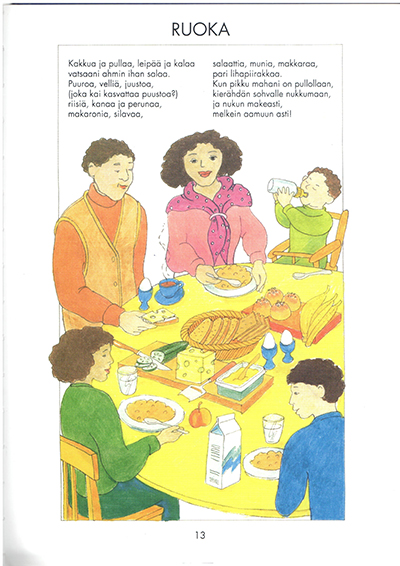 ... ...
... ... ... ...
... ...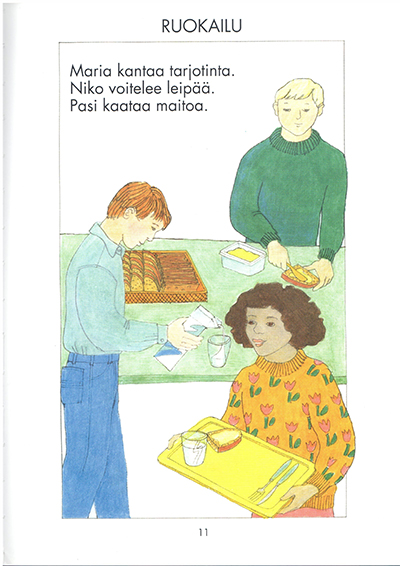 ... ...
... ...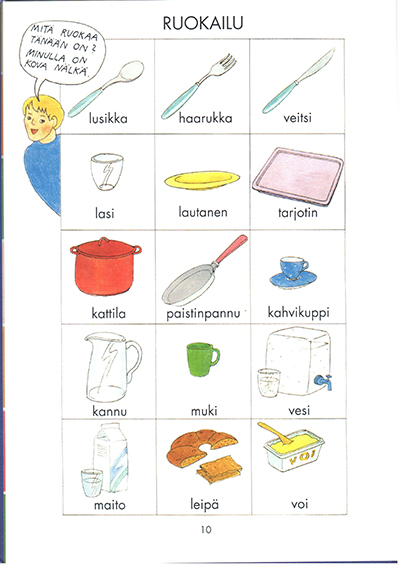 ... ...
... ...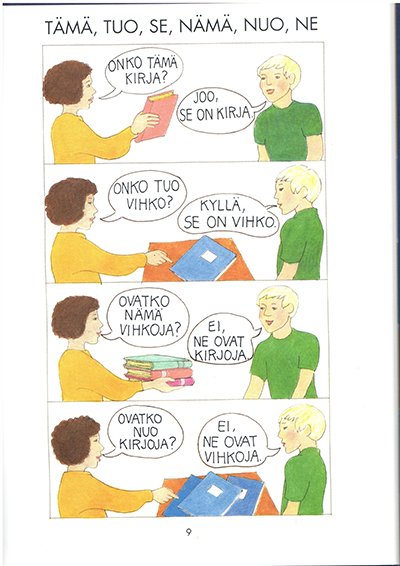 ... ...
... ...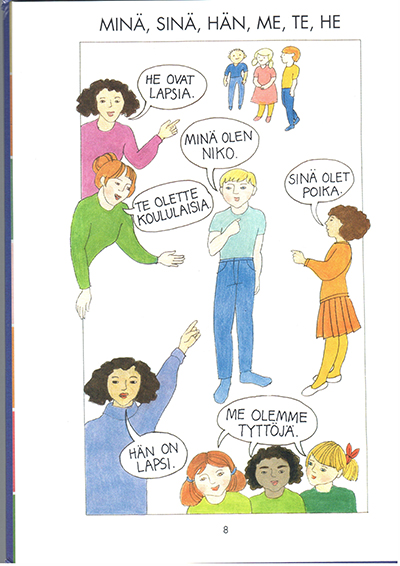 ... ...
... ...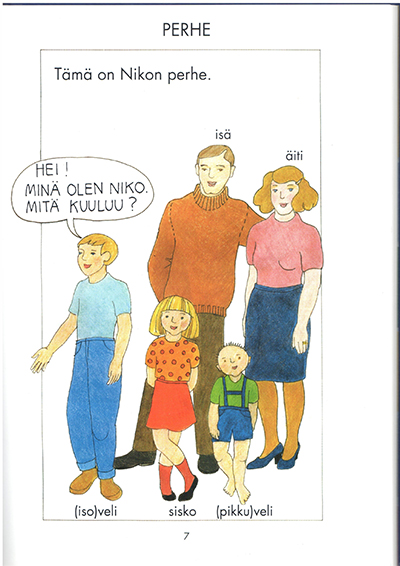 ... ...
... ...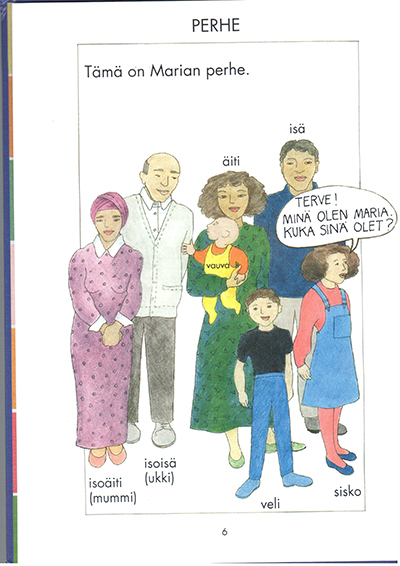 ... ...
... ...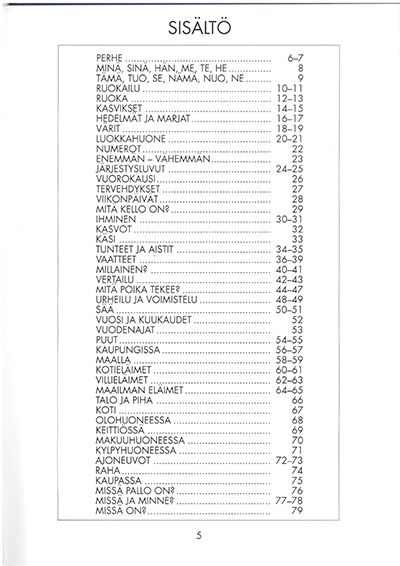 ... ...
... ...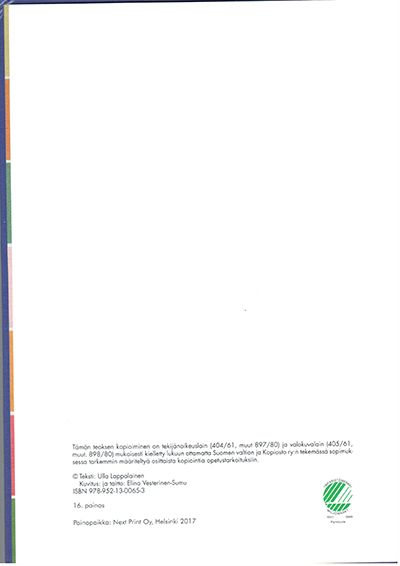 ... ...
... ...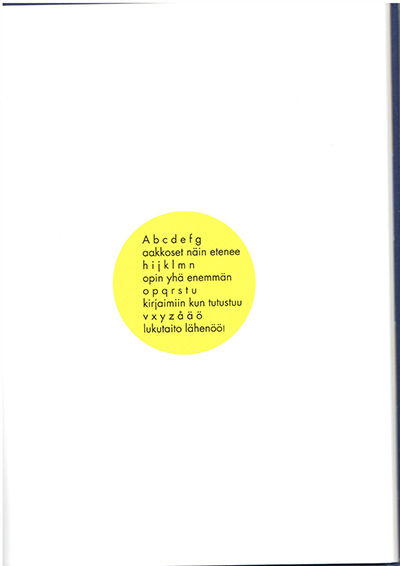 ... ...
... ...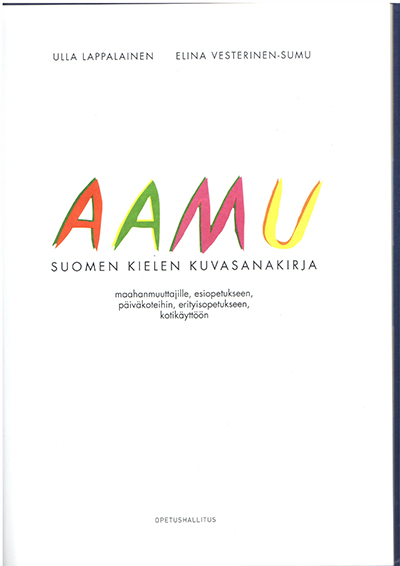 ... ...
... ...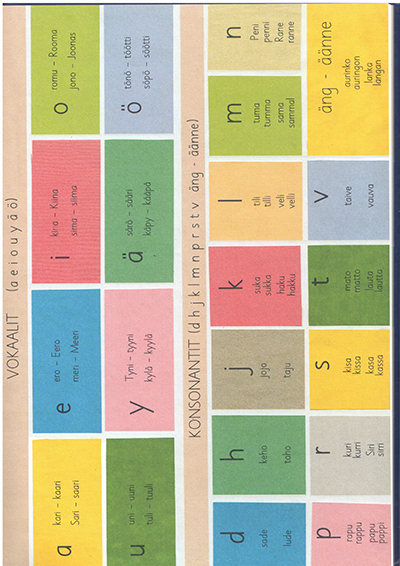 ... ...
... ...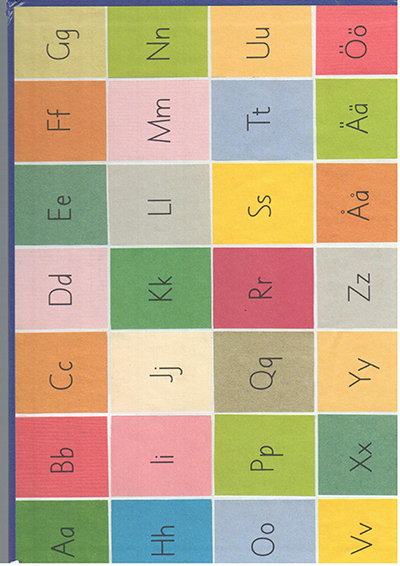 ... ...
... ...